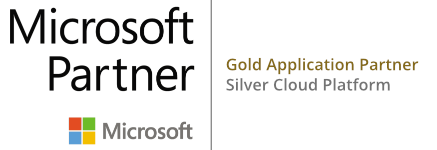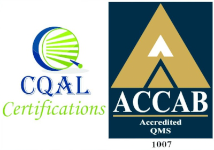Many businesses cite approval delays among the top reasons they find it challenging to meet deadlines. What may seem like a simple problem to overcome is often found to be pervasive within an organization’s culture. There might come a stage when missing deadlines become a “new normal” because there was never a formal process for managing approvals in the first place.
A long, drawn-out approval process is a big drawback for business
If getting something approved in your organization seems like a daunting task, you are not alone. Unfortunately, prolonged approval processes have become a way of life in many organizations. Like anything in business, a clear path is needed to streamline approvals, but without designated resources or personnel tasked with the process, it often gets neglected. With no centralized approach to manage approvals, different teams and team members are left to depend on existing, often insufficient, homegrown processes and solutions.
If you are in a situation wherein you are expected to comply with regulatory requirements, it is imperative to create a trail of approvals and changes. But many organizations find themselves with a backlog of approvals that never ceases to end, which might then force individual employees to make compromises to keep pace with ongoing activity.
Homegrown solutions a recipe for disaster
Compatibility and a list of other issues will begin to add up before you know it, which might create a big problem. Alternatively, businesses may choose to build homegrown solutions as a way to manage these issues. But this is where many businesses will realize that these steps are far from enough to meet the demand of increased business activity. While businesses have added or extended automation into workflow processes, there is a growing realization that it may not be enough to sustain activity levels. More effort is needed to address the need for automation of the steps necessary for approving a record.
Why choosing the right set of automation platform tools and strategy is essential
As your company navigates a complex sales process, the work and resources required for managing approval processes, including submissions, assigning approvers, and setting permission levels, due dates, alerts, & notifications, becomes an impediment. Many organizations lack confidence in their ability to adapt an automated approach to approvals. Despite a strong organizational focus on automation efforts, many do not believe they are fully effective. Fortunately, this is easy to achieve with the right set of automation platform tools and strategies.
How Salesforce Automates the Approval Process
The approval process in Salesforce automates all the needed steps vital for a record to be approved and identifies the approver at each step. It identifies each activity or milestone required for submitting a record for approval, including when an approver either approves and advances or rejects the record.
The activities tracked through the Approval Process are Field Update, Email Alert, Create Task, and Outbound Message. Whenever a user request approval, Initial Submission Actions occur in which the record is locked so that other user can’t change the record while approval is pending. If the request is rejected by approver, the Final Rejection Actions are executed, and approval status is set as Rejected.
With expert guidance, organizations are able to easily implement robust, customized Salesforce Approvals management that yields optimal benefits. Choosing a vendor that delivers innovative end-to-end capabilities to scale across a broad range of enterprise use-cases and automate tasks can save hundreds to even thousands of development hours. An expert in Salesforce implementations, Prime works with companies to more robustly customize, implement Salesforce, and drive adoption to meet their needs.














